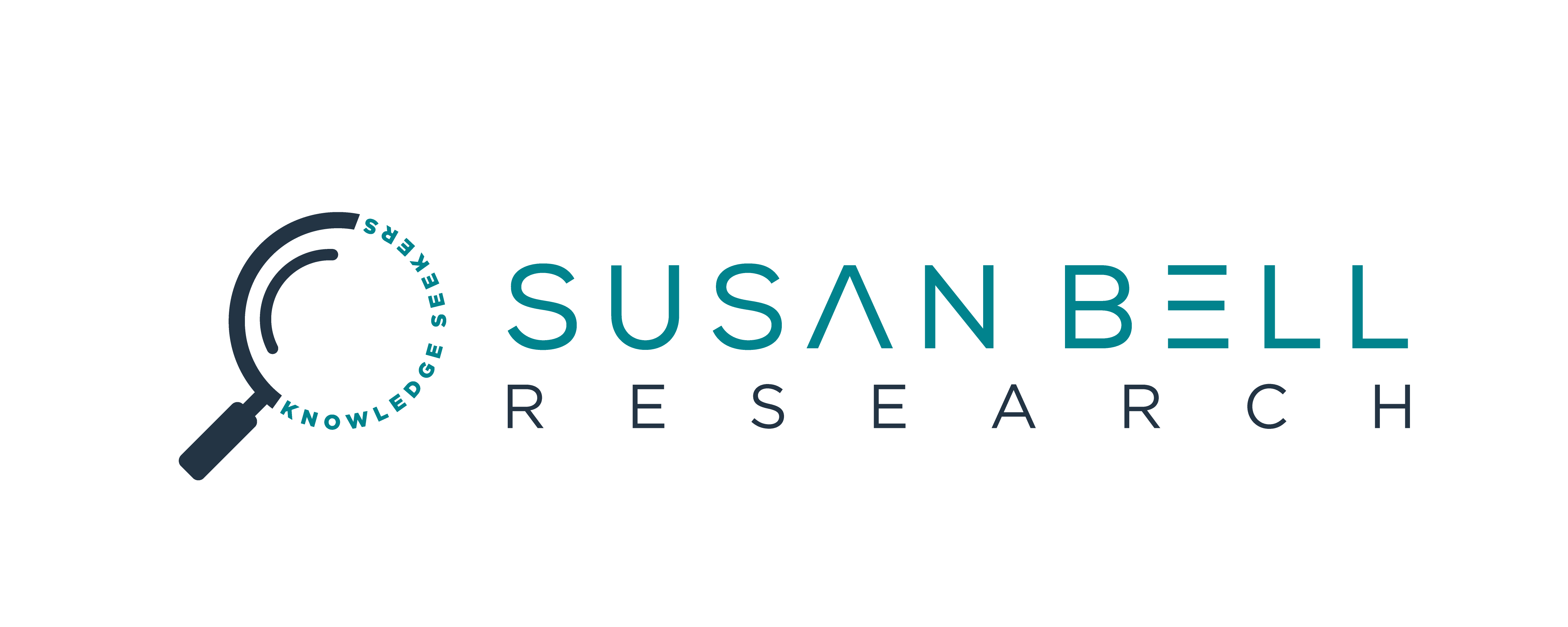The ONE reason why business writers use jargon, and how to fix it
Jargon: everyone hates it but most of us use it. Why is that?
Jargon is the technical language that makes sense to people in a particular speciality or company but gets a blank look from everyone else. So why do people who work in academic departments or corporate teams still use speciality jargon when writing to their customers?
Based on our decades of experience user-testing jargon for some of Australia’s largest financial services firms, we can tell you the secret: the jargon impasse.
What is a jargon impasse?
Does this scenario seem familiar? You are working on member or customer communications that are significant to the business. It is a serious issue and the risks of getting it wrong are huge.
- Perhaps it is about a new initiative.
- Perhaps it is about a change to a fundamental business process.
Because this is a serious issue, everyone gets involved! Marketing says one thing; legal or compliance another. Even members of your own team disagree with each other.
Some want to keep a jargon word or phrase. They say that:
- This word of phrase is the only one that captures the meaning you want to convey, or
- This word or phrase can’t be jargon because ‘everyone knows what it means’ or
- Using technical language is a sign of professionalism, criticising your suggested rewording as too casual or disrespectful.
Others say No: “Our members won’t know what we mean!”
You are at a jargon impasse!
Where do you go from here?
How to get around the impasse
The secret to getting around the impasse is to review the GOAL of your communication. What do you really want to achieve?
- If you want your users, members or customers to DO something, then they need to know what to do. To know what to do, your users, members and customers must understand the words you are using. It really is that simple.
- Do they need to be aware of a CHANGE YOU HAVE MADE and how it affects them? Understanding the words you are using is the first step to that awareness.
It DOESN’T MATTER whether some people know the jargon term, or there isn’t a word or phrase quite as good. If your users, members and customers don’t know what to do because they don’t understand the language you are using, your communication will fail.
Problem recognised
Great! Your team has agreed that you have a jargon problem. What to do next?
Replace or define?
Replace is almost always the best option as long as the replacement is jargon-free.
There are occasions however when you need to keep the jargon term. In that case, you MUST define it.
Two ways to do this:
1. Put the explanation first and the jargon term after the explanation like this:
‘Sometimes, people disagree whether a word is jargon or not. If it gets to the point that neither side is willing to compromise or move forward we say they have reached a ‘jargon impasse.’
2. Use the jargon term first, and then define it, like this:
‘A jargon impasse happens when people disagree whether a word is jargon or not to the extent that neither side is willing to compromise or move forward.’
Defining it ‘in situ’ like in both of these examples is easier on the reader’s cognitive capacity than using a footnote. However, if referencing suits the style of your document better you can do that instead.
Tips:
- Make sure the definition is in plain language
- If you do define it make sure that readers can easily go back to the definition – don’t bury it within a paragraph.
Still stuck? Still debating?
If you are still stuck, test your content with users. They will tell you whether they know what to do and whether they understand what you mean.
If you are unsure about the best way to test content, and/or need the neutrality of a professional, call me. We are content testing and message testing experts.
At Susan Bell Research we use a combination of desk-based evaluation. qualitative research-based user testing, and AI. All of our work is informed by plain language and behavioural science. Find out more – contact Sue.
Show that you care for your customers by making your writing clearer.

We would love to hear from you, and are always happy to talk through research methods and options with you, if you are not sure what you need. Why not get in touch for a free, obligation-free, and confidential conversation.
Find out more about Susan Bell Research.






